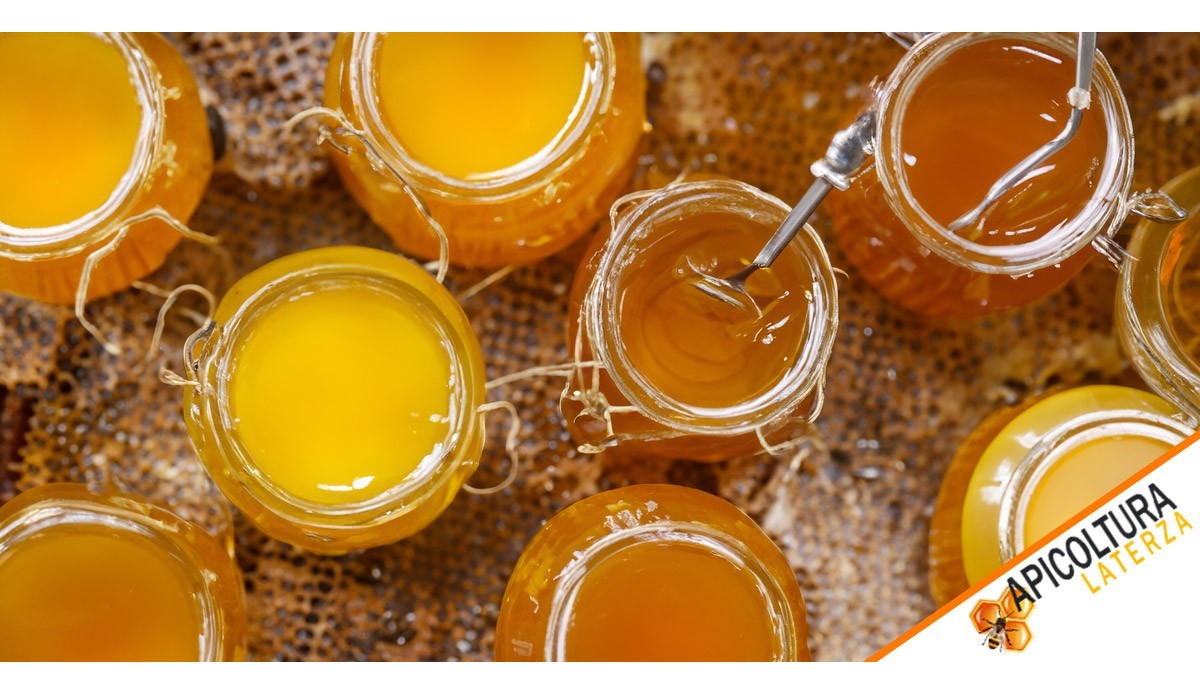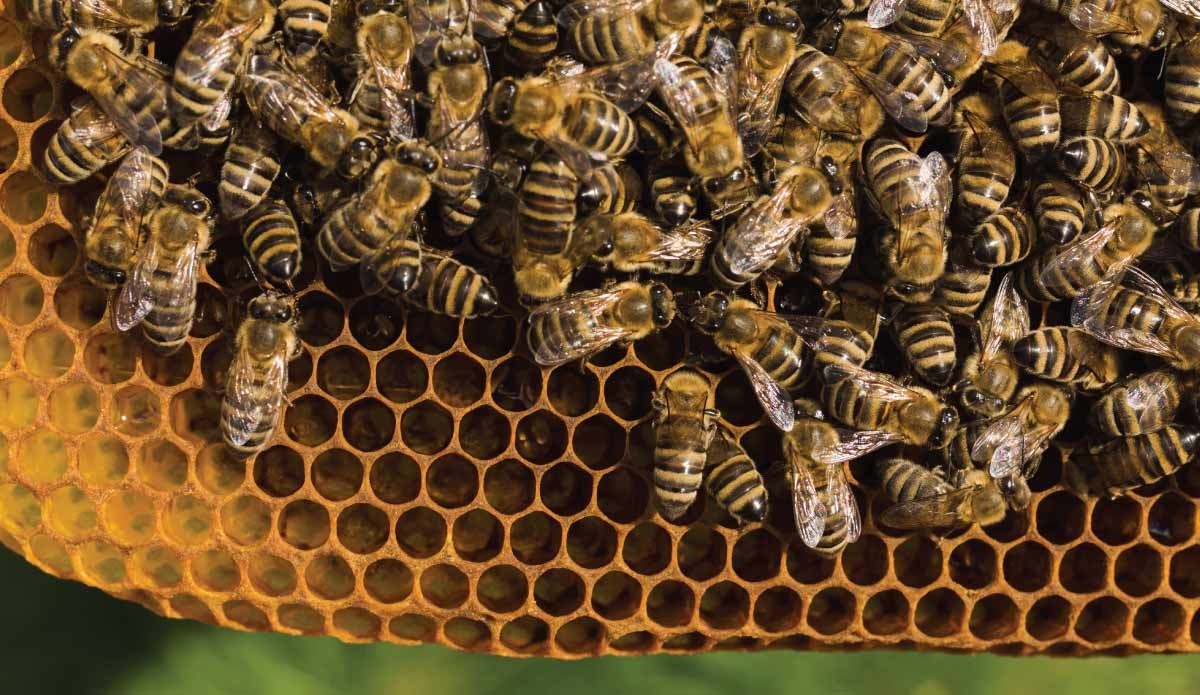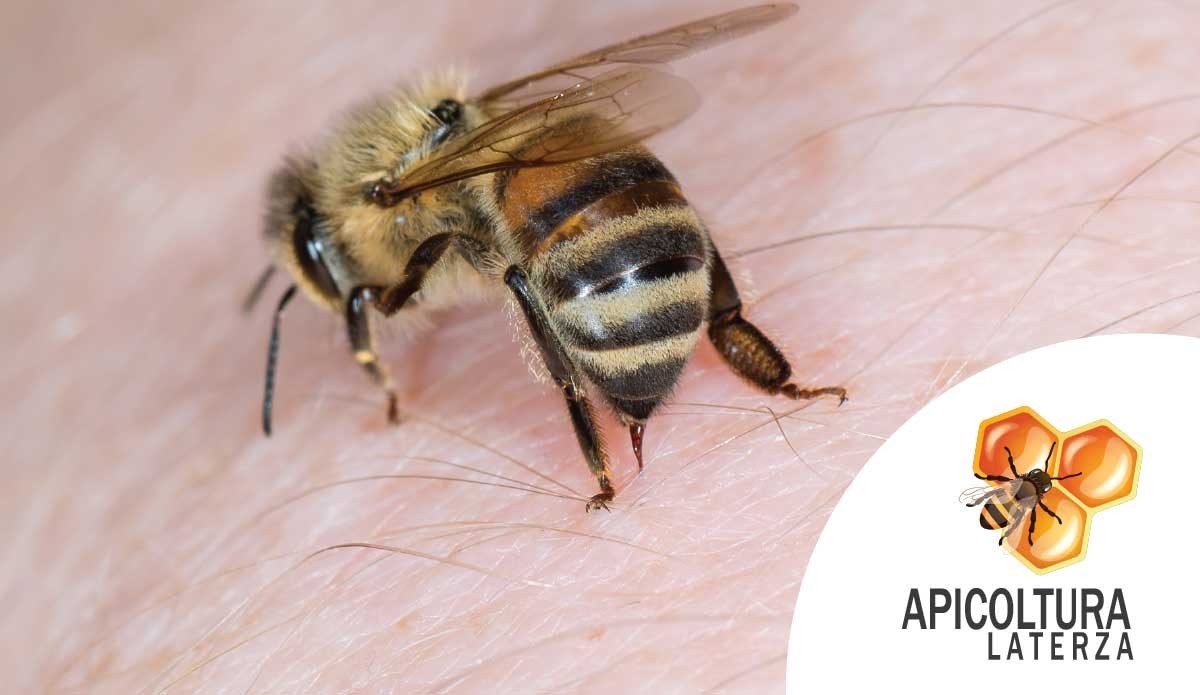Beekeeping and the fascinating Ligurian fruitful queen bees: an ancient and precious art

Beekeeping is an ancient art that dates back thousands of years. It includes the breeding and care of bees for the production of honey and other derived products, such as beeswax, pollen and propolis. Liguria, a region located in the north-west of Italy, boasts a millenary tradition in the field of beekeeping, thanks to the presence of the subspecies of Italian bees, the ligustica fertile queen bees. In this article, we will explore the fascinating world of beekeeping and ligustic queen bees, and discover how this ancient practice can offer significant benefits for the environment, agriculture and the economy.
Ligustic fecund queen bees: characteristics and importance
Ligustic fertile queen bees (Apis mellifera ligustica) are a subspecies of the European bee, native to the Italian region of Liguria. These bees are especially prized for their unique and beneficial characteristics, including their sweetness, disease resistance, and productivity. The fertile queen ligustica is the mother of the colony and has a crucial role in the life of the bees: she is responsible for laying eggs and producing pheromones, which maintain the unity and balance of the colony.
One of the most interesting aspects of ligustic fecund queen bees is their ability to adapt to different environments and climates. This makes them particularly suitable for beekeeping, as they can be farmed in various parts of the world. Furthermore, ligustica bees are known for their resistance to parasites and diseases, reducing the need for chemical interventions and guaranteeing a purer and more natural honey.
Beekeeping as a sustainable activity
Beekeeping is a sustainable practice that contributes significantly to biodiversity and environmental protection. In fact, bees play a fundamental role in the pollination of plants, improving the quality and quantity of agricultural crops. Through beekeeping, beekeepers help preserve bee populations, which have suffered a dramatic decline in recent years due to overuse of pesticides, habitat loss and climate change.
Furthermore, beekeeping promotes sustainable and responsible agricultural practices, encouraging farmers to reduce the use of pesticides and to adopt cultivation methods that respect the environment and biodiversity. In this way, beekeeping helps to create a balance between human activities






